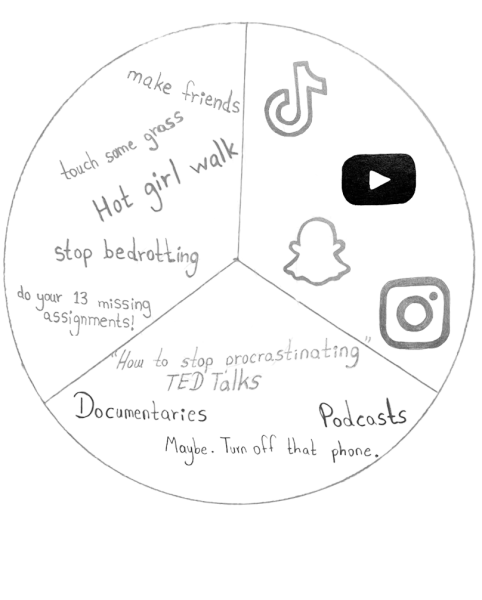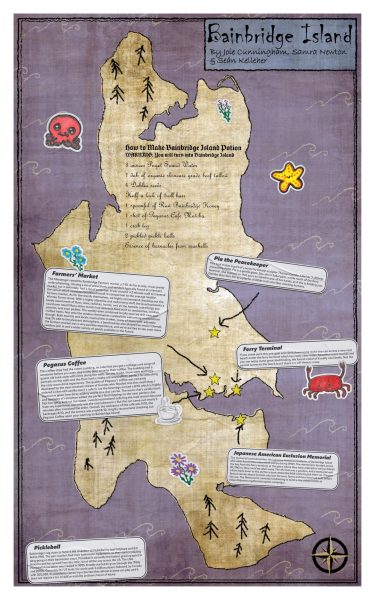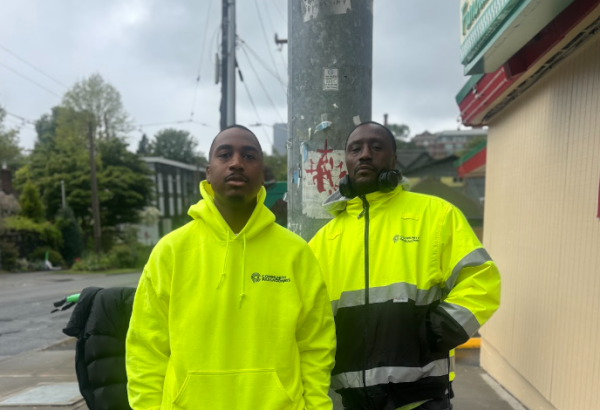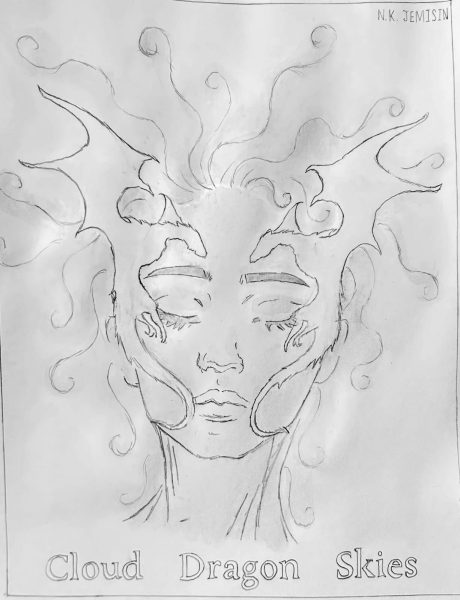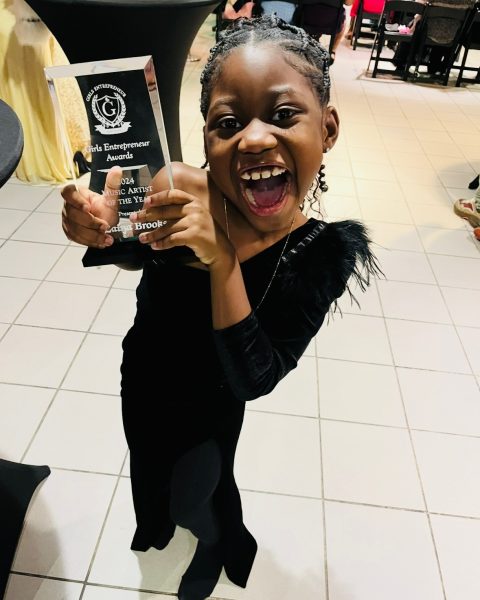Dawgs From Abroad
A surge of international students have joined Garfield this year as we rise back from Covid. In addition to diversifying our student body, these students bring interesting stories and a new perspective to our school. Garfield is a melting pot of culture and we have an opportunity to learn from their experiences. Meet our dawgs from abroad.
Henry- One of Garfield’s many transfer students is senior Henry Fabiansson from Sweden. This is Henry’s first year at Garfield and he has nothing but positive things to say about his experience. He feels accommodated, welcome, and safe in the Garfield community.
Henry has lived most of his life in Sweden but has also spent a considerable amount of time in the States. He gave some insight into the differences of education in Sweden compared to the US. For the most part the education in the two places are very similar but there are some differences to consider.
For starters, Swedish students are more disciplined than their American counterparts. This is in part due to the Swedish education system mandating behavioral classes in elementary years. Swedish students tend to have a better understanding of what they want to do as a profession,which contributes to the higher focus on education. In Sweden you choose a major in high school which personalizes your educational track which is a big difference from US education.
Additionally, many Swedish Students start learning English in 3rd grade, allowing them to communicate with the wider English-speaking world. . This also has made it very easy for students like Henry to integrate into American schools. “English itself is a global language and therefore going to an American school is always very forgiving because the language you learn is something that everybody speaks.” Henry said. Learning English early has helped catalyze Henry’s transition into a new school. “Because I already have some prior English engagement in school, I’d say I might have adapted quicker to [American school] than some of my other friends.” Henry said.
Furthermore, Henry finds Garfield to be very accommodating of people with language barriers. Apart from a language difference in America, another large difference that he pointed out was the diversity. Coming from Sweden, a predominantly white country, Henry said he experienced a major cultural shock coming to the US and interacting with people from so many different backgrounds. “I haven’t had as many interactions [with people] before” Henry said. He also finds the diversity fascinating and thinks that it’s crazy that “you can definitely find people from everywhere and [of] all kinds”.
Nick Weber’s is another new first-year student at Garfield, who plans to stay with us until the end of this school year. He comes from Beselich-Niedertiefenbach, Germany, a little village with a population of about five thousand, just outside of Frankfurt. He came here on scholarship as part of the Parliamentary Sponsorship program.
Nick went to a Gesamtschule school in Germany, accelerated high school. When asked what the biggest difference between Garfield and his old school is, he said, “They actually care about you here.” Nick praises how everyone here asks him about his pronouns or his preferred name, where comparatively German teachers would teach you curriculum and nothing beyond that. Nick also finds the administration accommodating, “I feel like everyone has done everything they could to help me.” He said. On the other hand, Nick said he struggled at first with the lack of structure. He feels he frequently must step in and advocate for his education, which he’s not used to in Germany.
American schools carry a reputation of violence and the recent bomb threats and fights at Garfield can be jarring for foreign students “It’s not like this in Germany” Weber said. He finds schools at home in Germany to be more secure. But “What happens, happens’ ‘ he said. In his eyes, the good outweighs the potential dangers at Garfield.
Nick is finding a community in America. He loves how expressive everyone is at school, especially the LGBTQ+ community. “Everyone is so open,” he said. Weber likes being able to express himself through his wardrobe, something he’s not always able to do at home, “If I wore a crop top at home that would be very bad,” Nick said. At Garfield he feels safe and welcomed by the LGBTQ+ community. Similarly, Weber finds making friends at school very easy. “I was shocked when people just came up and talked to me.” he said. The student body has welcomed him with open arms.
In his free time, Nick enjoys playing piano, listening to Nicki Minaj, and just being artistic in general. He has really enjoyed trying soul food with his host family. And if you want to hear more about his experiences you can visit his YouTube channel ‘nickewbr’.
Moving here from Russia just a month ago, senior Nikita Stepanov is another smiling face at Garfield High School. Nikita moved all the way from St. Petersburg because he saw more opportunity in the U.S; with English being a global language and more business openings in the country. He has visited numerous states in just the past year including Arizona, New York, Idaho and Florida. While studying in Russia, Nikita took part in both private and public education. He said that one of the main differences is that “Здесь на много интернациональней, здесь есть люди со всех континентов и стран и, это очень круто. Это позволяет тебе общаться с разными культурами, познавать людей, познавать мир.”. While connecting with students of different backgrounds is a major benefit of GHS, it can be hard to do with language barriers. Nikita has difficulty speaking English, often finding himself having conversations with peers over Google Translate. However, Garfield has been very accommodating. Another beneficial difference between the education in Russia v.s. the U.S. is the emphasis on technology, a tool which has helped Nikita adapt. “За чёт того что мы учимся по лаптоп-ом, многие учителя сразу присылают мне русскую версию текста, некоторые учителя в помощью презентаций включают переводчик автоматически”, Nikita said. Technology is known for creating a more interconnected world, and it’s amazing to see that happen in the classroom. While not much extra support is provided by administration, Nikita said GHS teachers have done a great job at welcoming and acclimatizing international students to a new environment with the resources given. Nikita also says that the student body has been incredibly friendly towards him, helping him learn English words and showing him Garfield traditions.
It’s no secret that there are negative stereotypes surrounding Russians. “Я слышал что есть определённые паттерны у людей по отношению к русским. Не то что они боятся [русских], но остригаются. Не знаю так-ли это. Хотел бы сказать что буду рад новым знакомствам, всегда открыт к общению. Мне интересно знать чем вы интересуетесь, интересно знать вашу культуру”, Nikita said. He enjoys playing soccer and participating in chess club, and his favorite class so far is AP Computer Science. He also appreciates the Starbucks in the U.S, saying that both the aesthetic, and the coffee itself, is better than in Russia. The fact that iced coffee here is sold year round is icing on the cake.
Translations: “It’s a lot more international here, here there are students from all continents and countries and that is very cool. It allows you to get to know people from different backgrounds; discover new people, discover new culture.”
“Thanks to the fact that here we are reliant on laptops, teachers immediately send me the translated version of the assignment. Some teachers even turn on automated russian subtitles with the help of powerpoint”
“I heard that people have certain preconceived assumptions when it comes to russians. Not that they’re afraid of Russians, but cautious. I would like to let everyone know that I look forward to making friends with all of you. I want to get to know who you are as a person.”
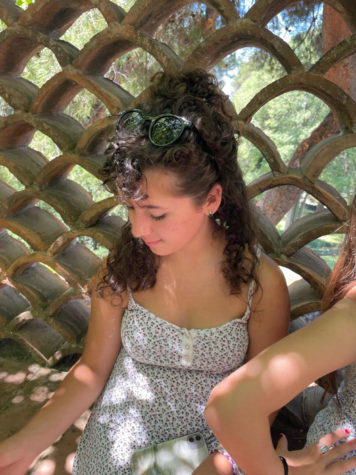
This is Kennedy Greenfelder. She is a junior at Garfield. Some things she enjoys doing are traveling, baking and reading books that make her ugly cry....




